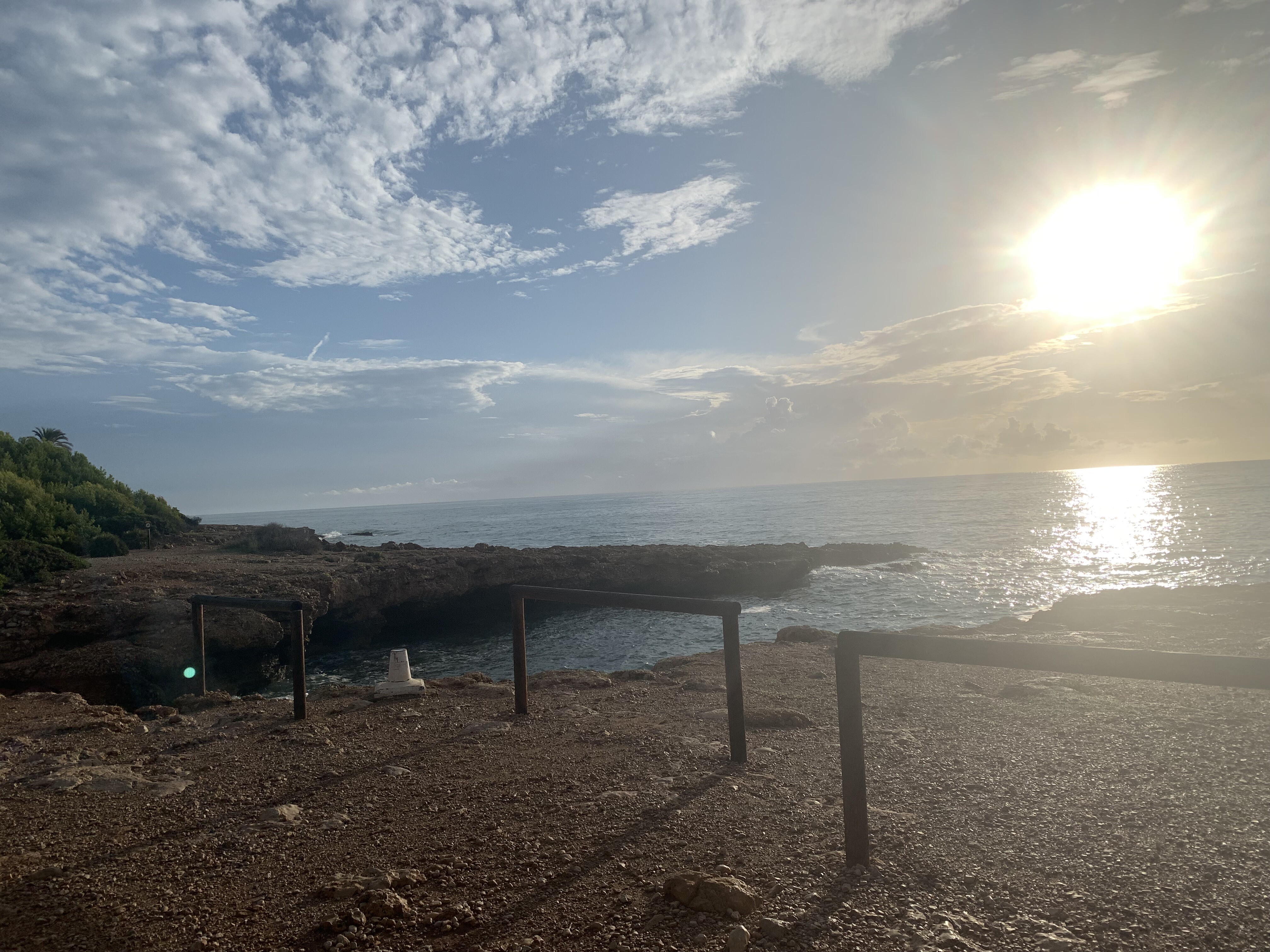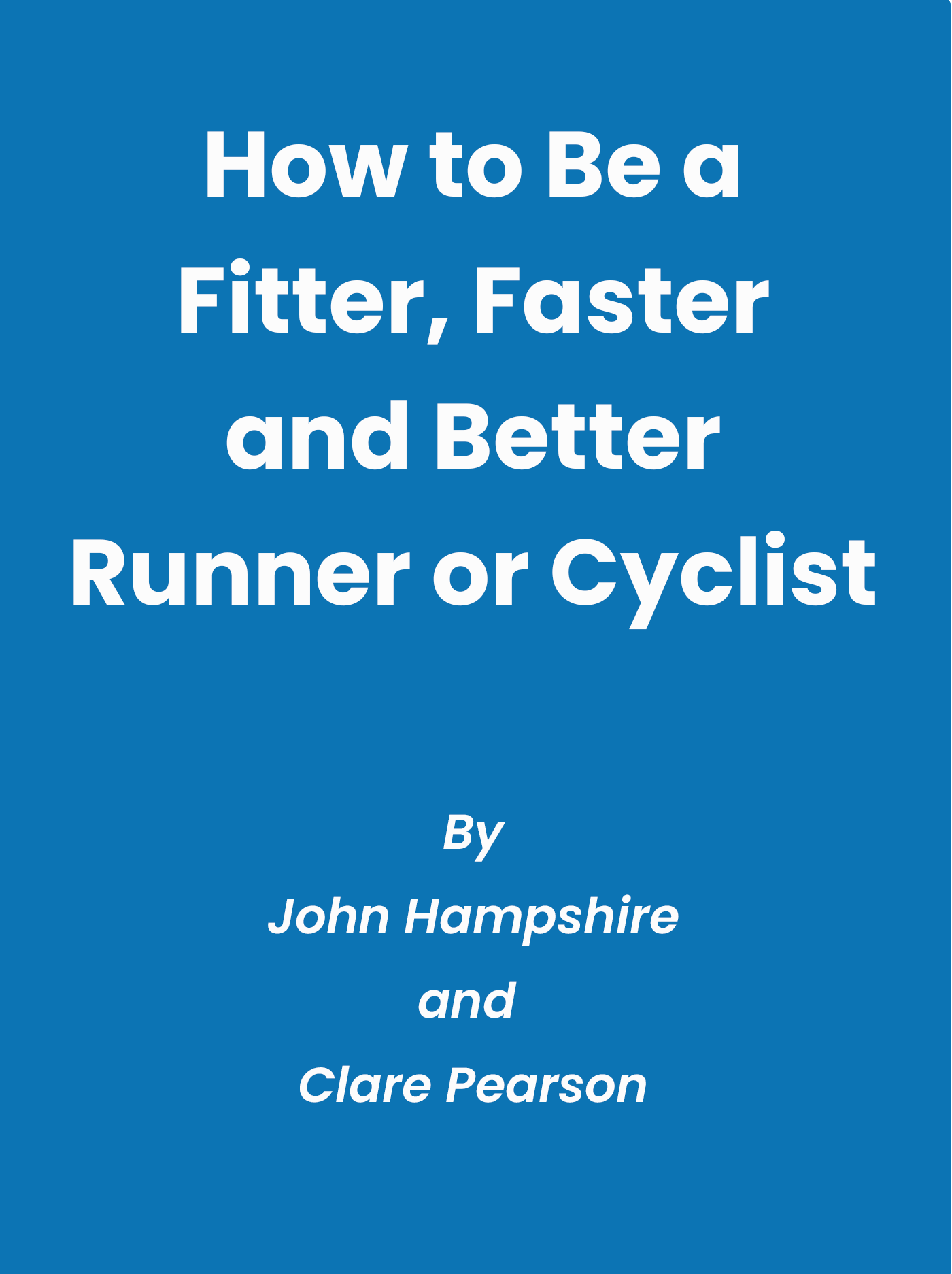An Holistic Approach to Endurance Training for your Ultra Cycling or Running

Holistic approaches seem to be the latest 'buzz' word when it comes to coaching and training. So what does it mean and how can it help you better prepare for you ultra endurance event?
What is an holistic approach
An holistic approach means that you are approaching your training within the context of every other aspect of your life. At Endurance Bike and Run we like to say we work with the whole person, not just the athlete.
Recognising that you are have many different interconnected roles in your life of which training and doing ultras is one part is key to being able to achieve a good balance between life and training.
Defining your Roles
Identifying and defining your roles will help you develop an holistic understanding of yourself.
At some stages in our lives it can seem like we have many different roles and it's a bit of a juggling act trying to keep them all in balance. Being able to identify and protect the roles that are most important to you will help you allocate your time and energy more efficiently. These roles and their importance can change over time.
A good way to do this is to list all the roles you currently hold in your life and identify how satisfied you are with them and how important they are to you as per the table below:-

The list is not exhaustive; you may identify other roles that you wish to add.
If you have a lot of roles that you assign as 9/10 you are likely to get very stressed because you won't be able to prioritise them all. In this case you may need to re-evaluate your priorities and decide what is important at this stage in your life (or for the next month, or the next 6 months, or year).
Once you have done that you can identify the areas that require work (where you have the lower satisfaction than importance) and create an action plan to help you.
Using the table above this person would probably want to work on their friendship role as this is an area of low satisfaction and high importance. In the notes they could then identify why they are not satisfied with this role and create an action plan to improve the satisfaction score.
Planning training holistically
Now that you have a list of your roles, their importance and your responsibilities in them you can plan your training according the the importance you place on your athlete role and in relation to your other roles.
This might mean that in your day to day schedule training is the priority to get done, or that training is less of a priority and might not get done before other more important tasks in other roles. It could mean that you can assign a lot of time to your training, or that you have to assign a limited time.
For example, if you are a new parent, your priority is likely to be on your new born child and their needs will come before training. However, if your children are older and you are training for a big event then this might take priority and you may decide to assign a lot more training time and ensure it takes priority over other roles.
Roles and their importance can change so it's worth reviewing this regularly.
Knowing what role you are in
When you are going about your day to day life, knowing and being clear about the role you are in will help you focus on the tasks you want to do.
For example when you are doing your training, you are in your athlete role and your responsibility is to your training and fitness. If you choose to train with friends in this role (which we often do) then knowing that your role at this time is not to help your friend get fit but to do the session you (have had) planned to the best of your ability to work towards your own fitness goals.
Sticking to the roles as defined by you
Once you know what your roles are, how important they are and how to behave when you are in them, the key is to stick to those roles. It can also help to know what roles other people might be in and identify your expectations of them based on that.
In the example above of training with a friend, identifying that you are both in athlete mode and will execute the session according to what works best for your individual fitness goals, even if this means separating during the session might be helpful.
You might have noted that some roles ALWAYS take priority for you (e.g. many parents will say that they are always a parent and regardless of what role they are in this role will take precedence should the need arise). In that case you may want to have contingencies on how to behave when one role supersedes another in the course of a task.
How your roles interrelate
Knowing how each of your key life roles interrelate will help you identify how they can work together to create the whole 'you.'
Each role you have takes up time and energy and you will need to identify (or decide) how much time and energy you want to give to each one and how each one affects the others.
For example in your role as employee there may be times when you have to assign more time and energy to this role because it's a particularly busy period at work. You will then need to identify which of the other roles you want to adapt to create the energy and time required by the greater demands placed on your in your employee role.
As you can see, working holistically is not easy, that's why some people choose to engage a coach to plan their training so that they don't have to spend so much of their time and energy planning their training and can just get on with being the athlete who executes it. Good coaches will plan training around your life not in spite of it and get to know all the roles that are important to you and how they fit in with your athlete role.
If you would like to find out more about how coaching can help you prioritise your training in a way that works for you, why not book a free 20 minute consultation with no commitment to see how we can help you?
Subscribe to our blog
Please share with your friends
Other articles you might like
June 14, 2024

Comments